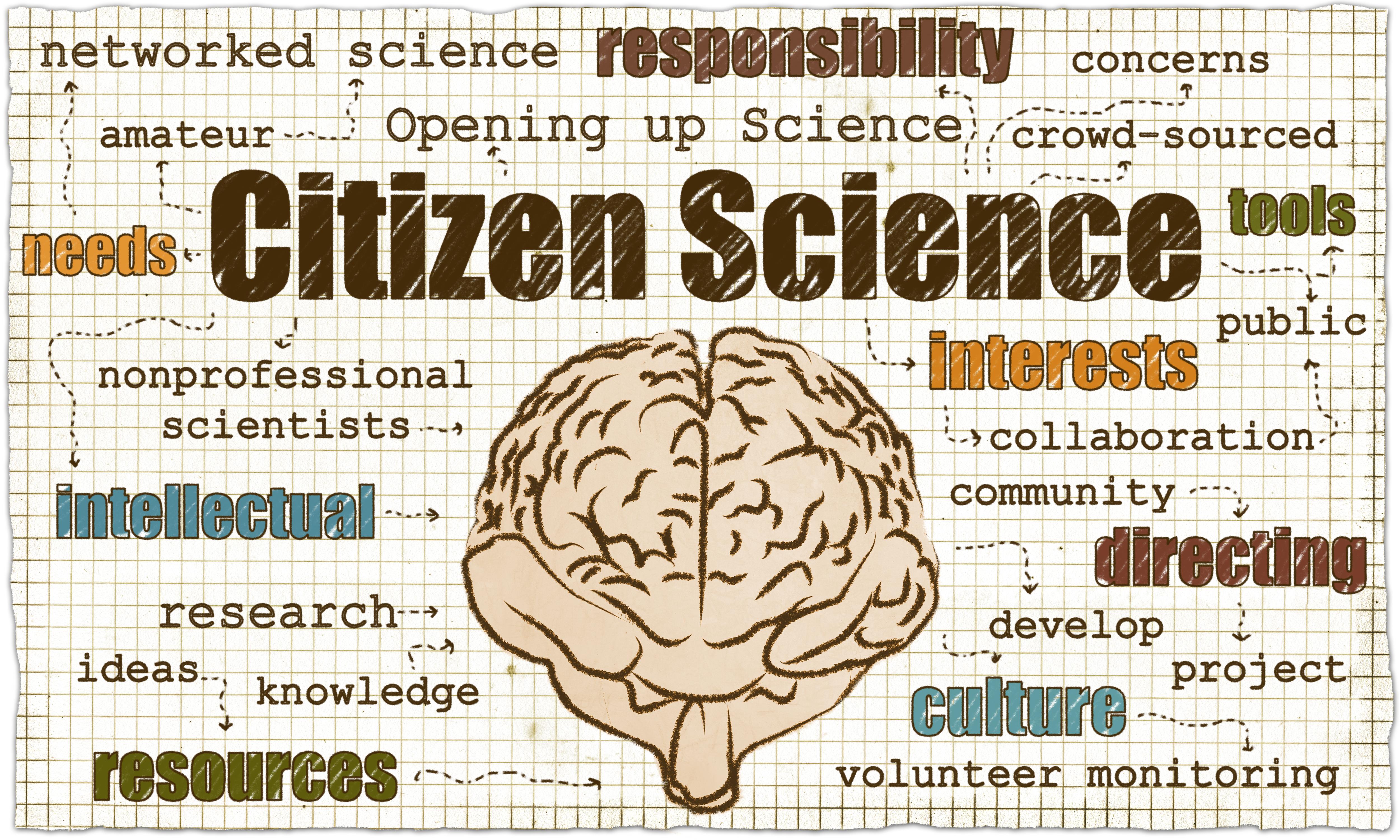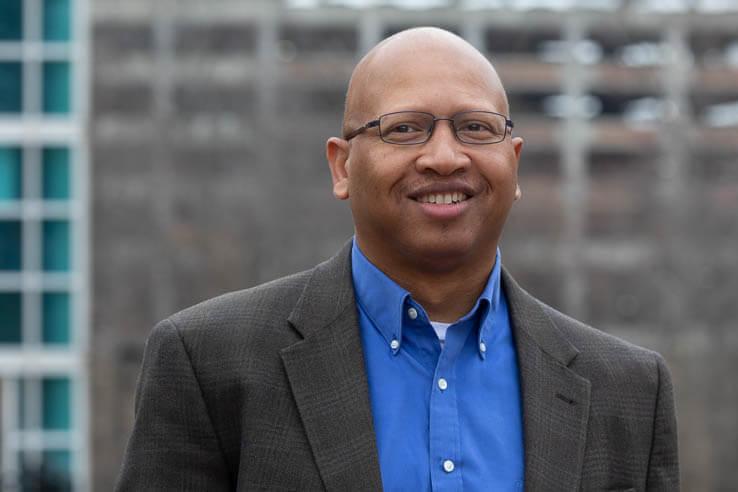
Giving everyone a seat at the science table is the intention behind the term “citizen science,” which was coined in the 1990s. However, does it achieve inclusivity?
A new article published in Science attempts to answer that question and looks at the gains and losses of rebranding the phrase.
The article, “Inclusion in Citizen Science: The Conundrum of Rebranding,” was co-authored by Sacoby Wilson, an associate professor of applied environmental health, along with 14 others, who said that citizen science “has opened the doors and put out a welcome mat to create a bridge between science and society.”

According to the authors, practitioners placed “citizen” as the modifier to “signify an inclusive variant within the scientific enterprise that enables those without formal scientific credentials to engage in authoritative knowledge production.”
On the other hand, the authors mention that some wonder if “citizen” is a barrier to inclusion.
Organizations like the National Audubon Society and the Xerces Society for Invertebrate Conservation have rebranded their projects and programs as “community science” to emphasize that their programs are open to all.
While the hope of using “community” versus “citizen” is to get a wider range of demographic groups to participate, the authors argue that swapping the terms isn’t a “benign action.”
“[Community] co-opts a term that has long referred to distinct, grassroots practices of those underserved by science and is thus not synonymous with citizen science,” the authors explained.
Rather than targeting name changes, the authors suggest that a more fruitful action step is to focus on approaches that increase inclusion and allow everyone to feel that their identities “authentically influences the culture, values and future of the scientific field.”
They recommend increasing funding for research initiatives and efforts that address the needs, concerns and interests of community members who have been historically and are currently underserved by science.
The authors note that the challenges of inclusion in citizen science show that words, terminology and intentions aren’t enough. Diverse voices, values, perspectives, lived experiences and identities are crucial to embracing and promoting inclusivity in science.
Because citizen science has multiple goals, including research, education, policy and empowerment, this “braided path provides multiple inroads to inclusive practices,” the authors added.
The article co-authors include: Caren B. Cooper, Chris L. Hawn, Lincoln R. Larson, Julia K. Parrish, Gillian Bowser, Darlene Cavalier, Robert R. Dunn, Mordechai (Muki) Haklay, Kaberi Kar Gupta, Na’Taki Osborne Jelks, Valerie A. Johnson, Madhusudan Katti, Zakiya Leggett, Omega R. Wilson and Sacoby Wilson.
Click below to read the full article.
Related Links